The End of Sisyphus is an evening-length ensemble work created for five performers: Natalie Border, Lyndi Coles, Brian Gerke, E’lise Jumes, and Tyler Orcutt. Serving as my M.F.A. thesis concert, the 45-minute performance premiered December 2018 in Salt Lake City, Utah.
The End of Sisyphus emerged from questions about our most basic human motivations, in particular the understanding and fear that humans have of their own mortality. Alongside the task of simply staying alive, this fear of dying has historically led people to seek methods to achieve immortality through legacy, resurrection, and reincarnation. I am interested in how the human fear of death, often driving us to ignore our mortality, relates to the treatment of the body—our corporeal evidence that we are inevitably approaching our end. Some dedicate their lives to staying young. Others ignore their bodies altogether in favor of the symbolic “self,” or the mind, as if the two could exist apart from each other. What many do is learn to keep busy as a way to ignore what is, understandably, rather unfathomable.
Sisyphus is a busy old man. After attempting to cheat death, the gods punished him to an eternal lifetime of pushing a boulder up a hill. Although the boulder will never reach the top, he continues. Does he know that his work is in vain? There are many interpretations of this story and the lessons inside of it.
What is your boulder? Does your boulder serve you? What if you left your boulder behind?
In his essay, Albert Camus poignantly states that “one must consider Sisyphus happy,” for in his dedication to his task, he has accepted his fate. My feelings toward this statement live inside the ephemerality of this work.
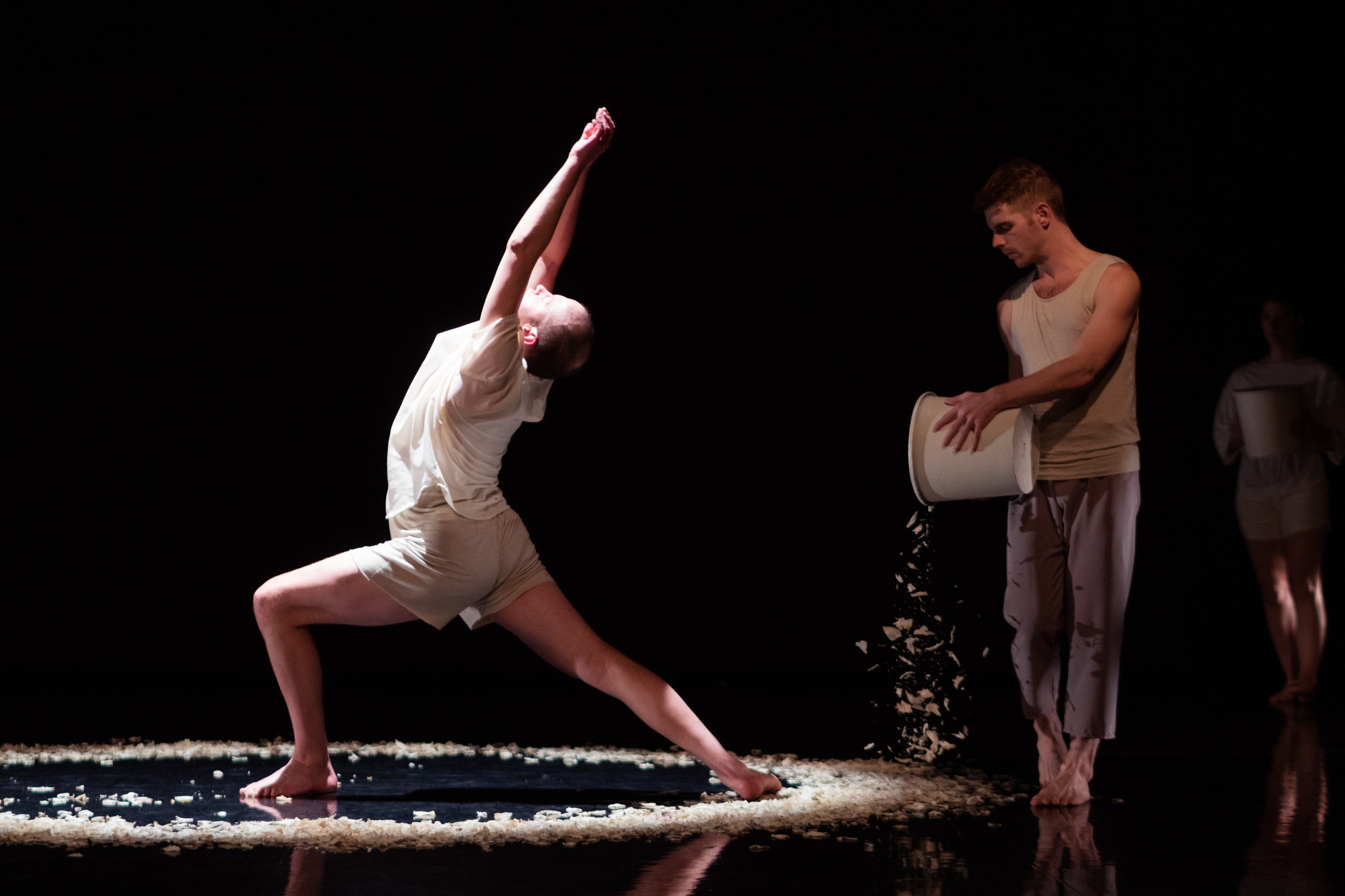
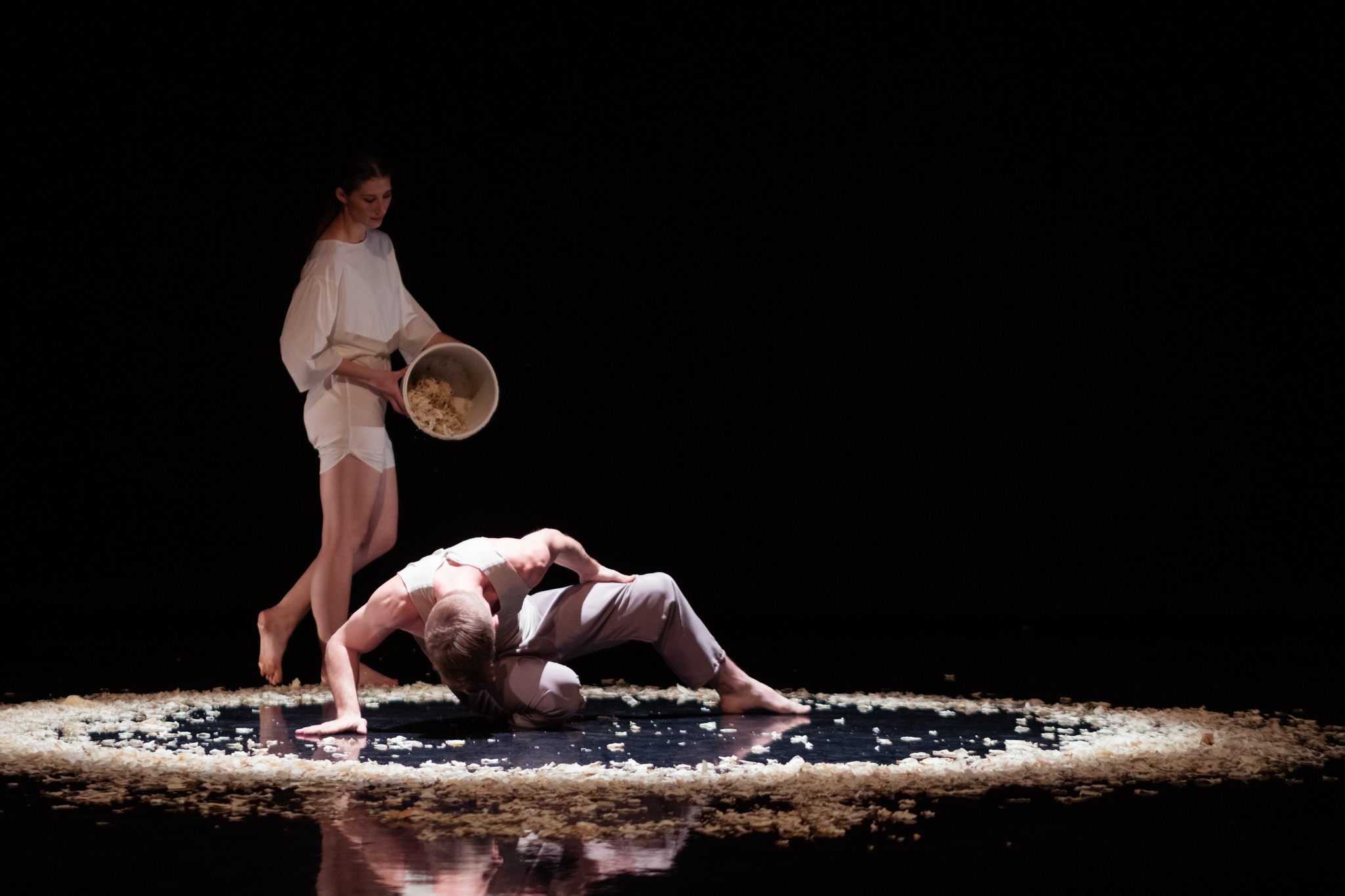
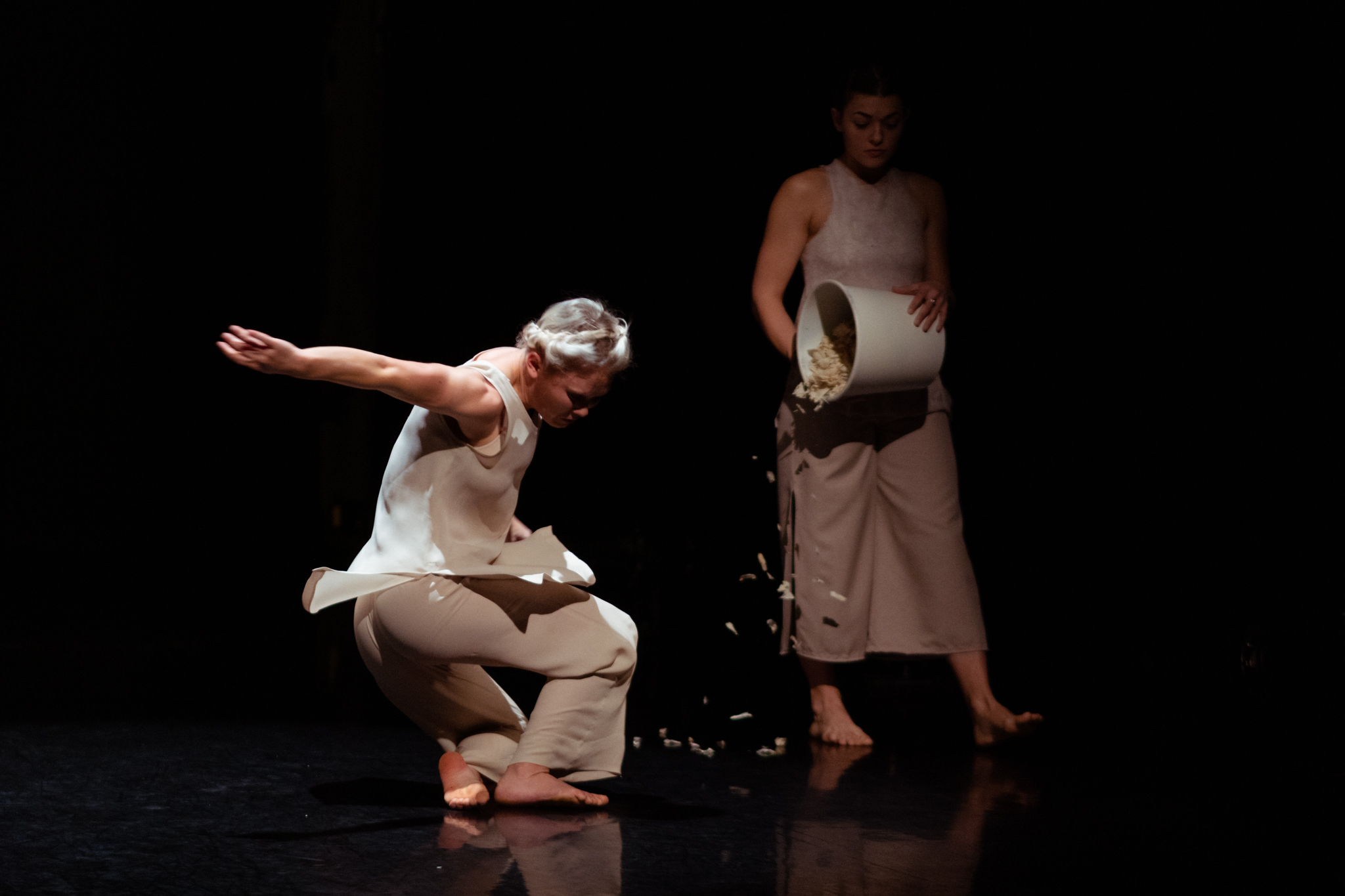
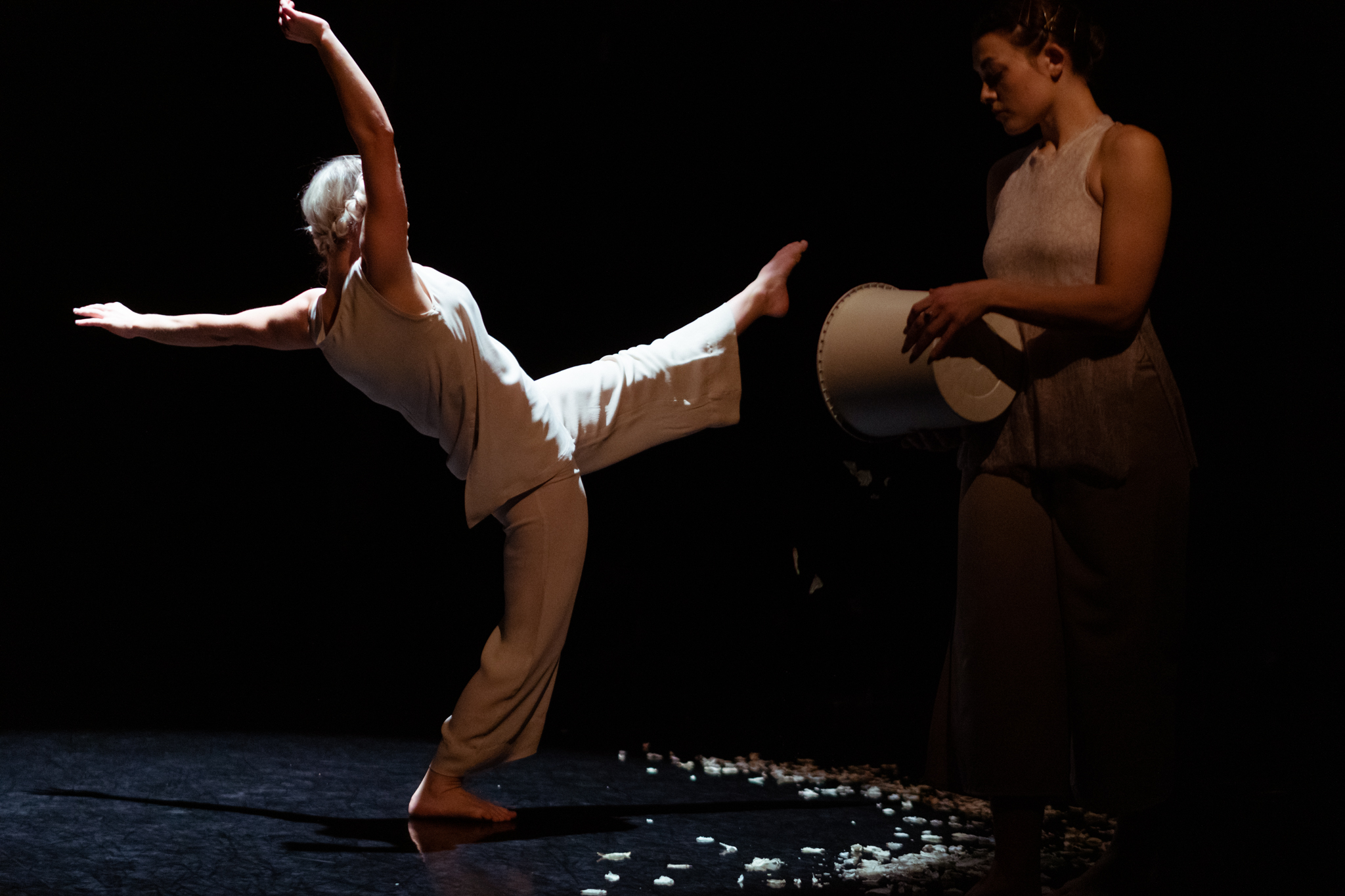
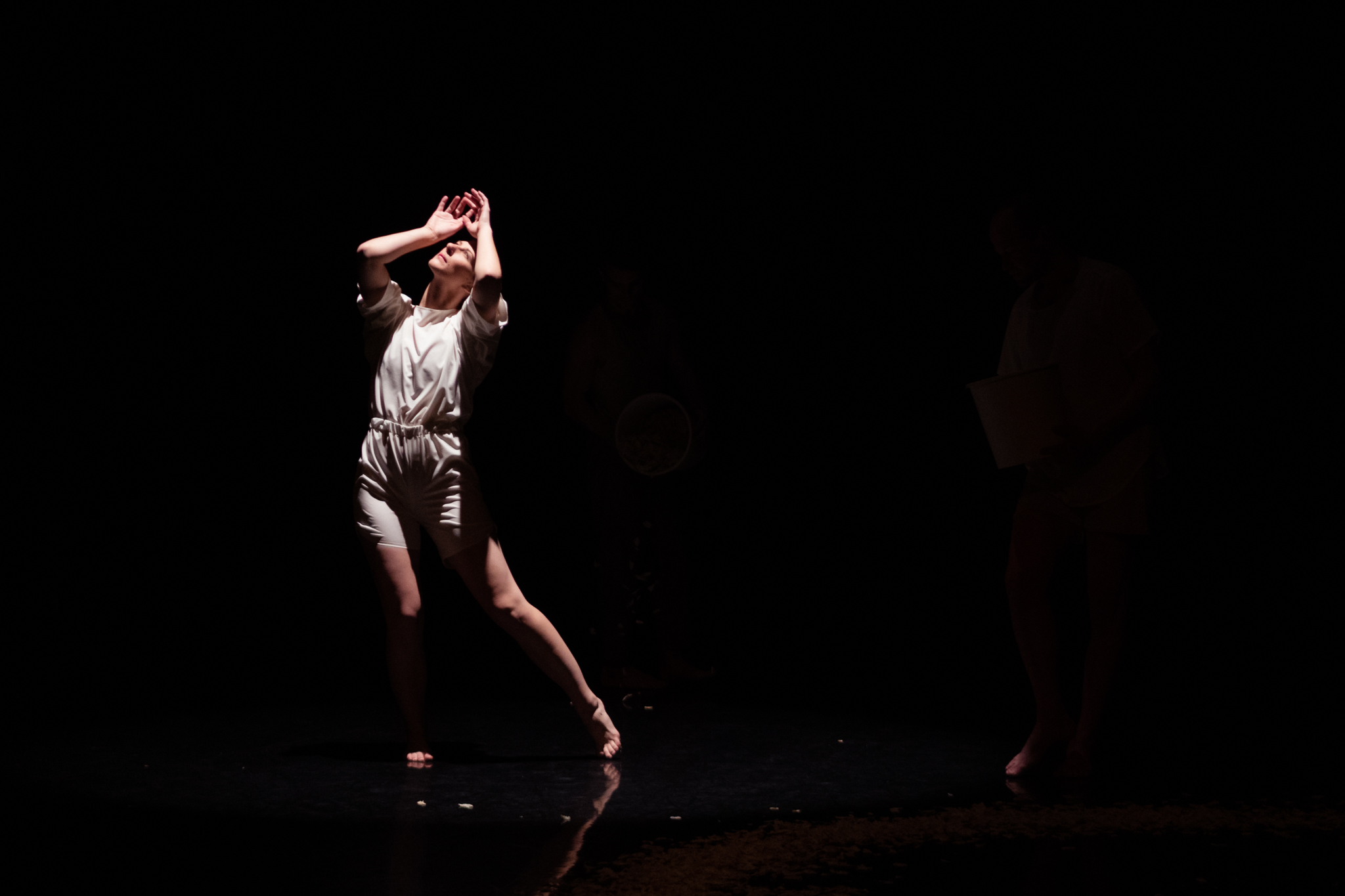
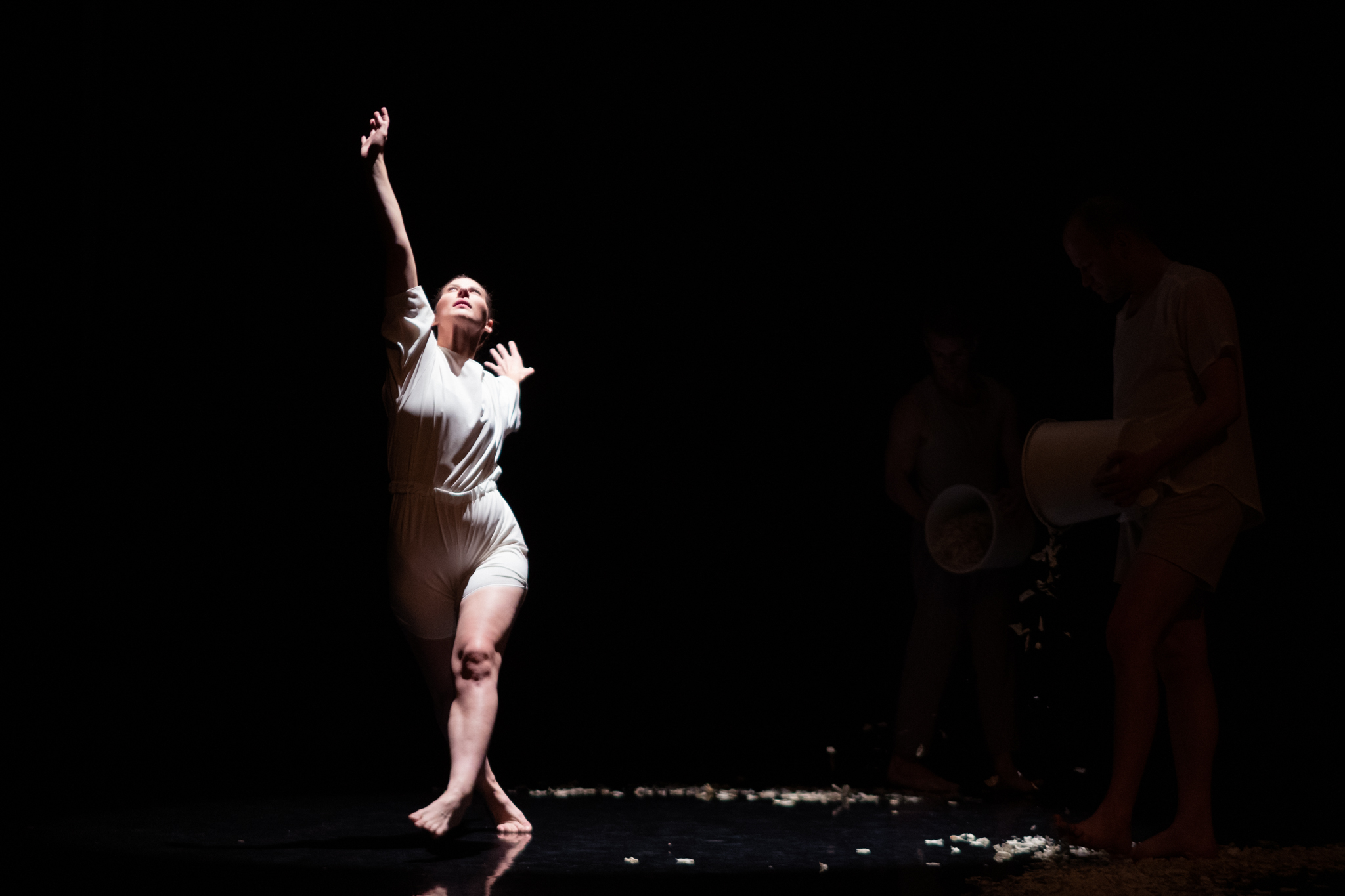
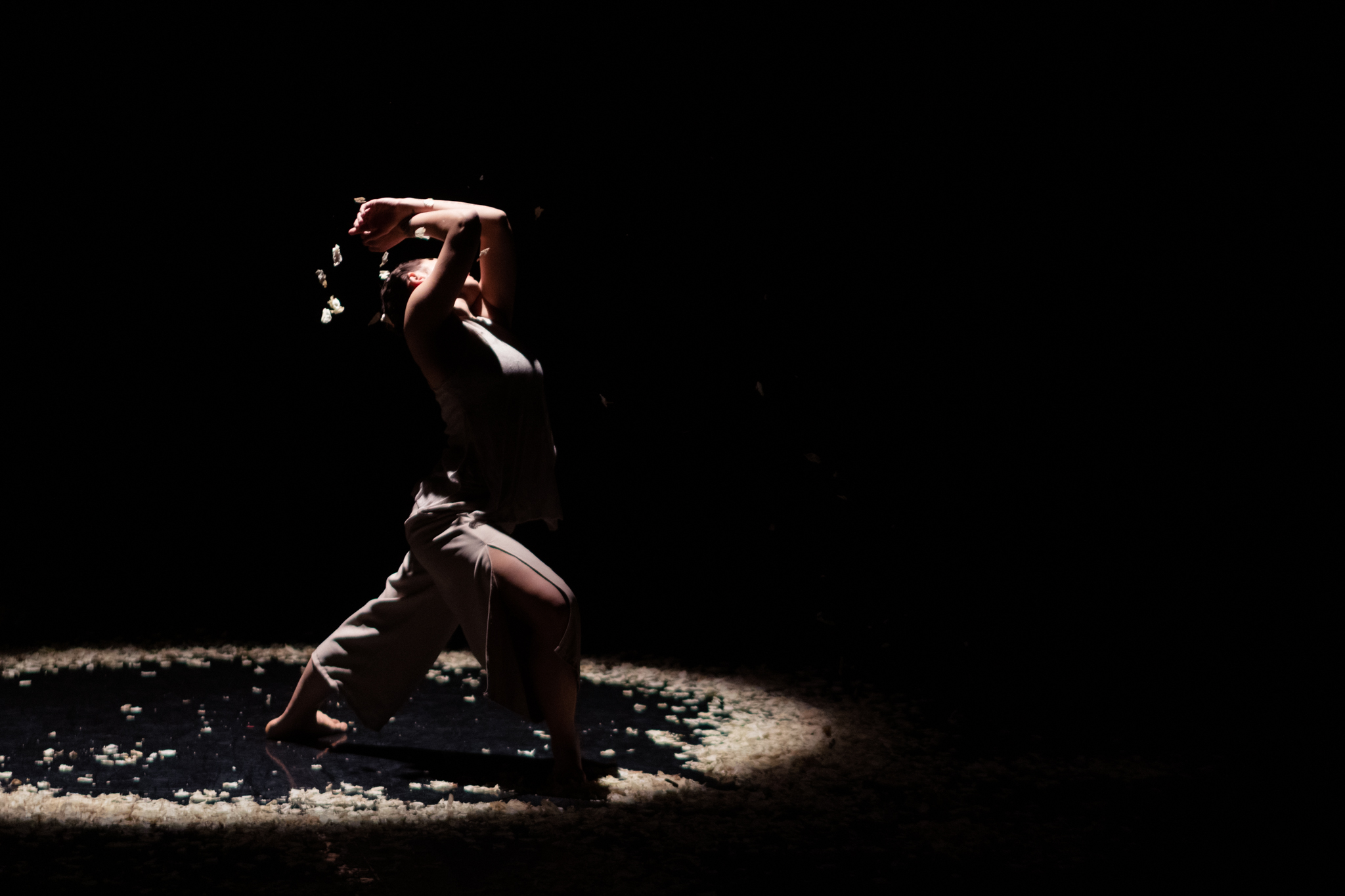
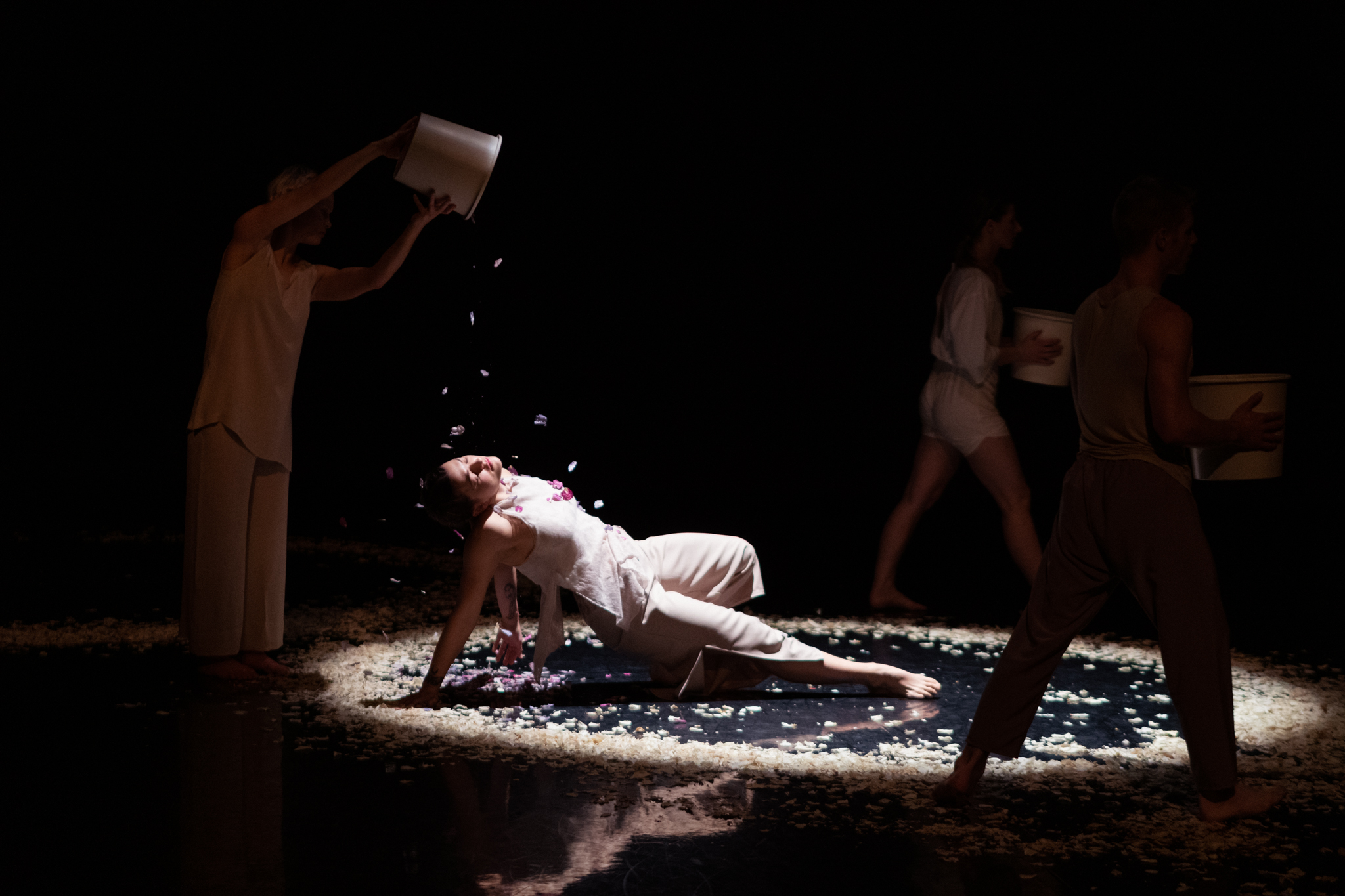
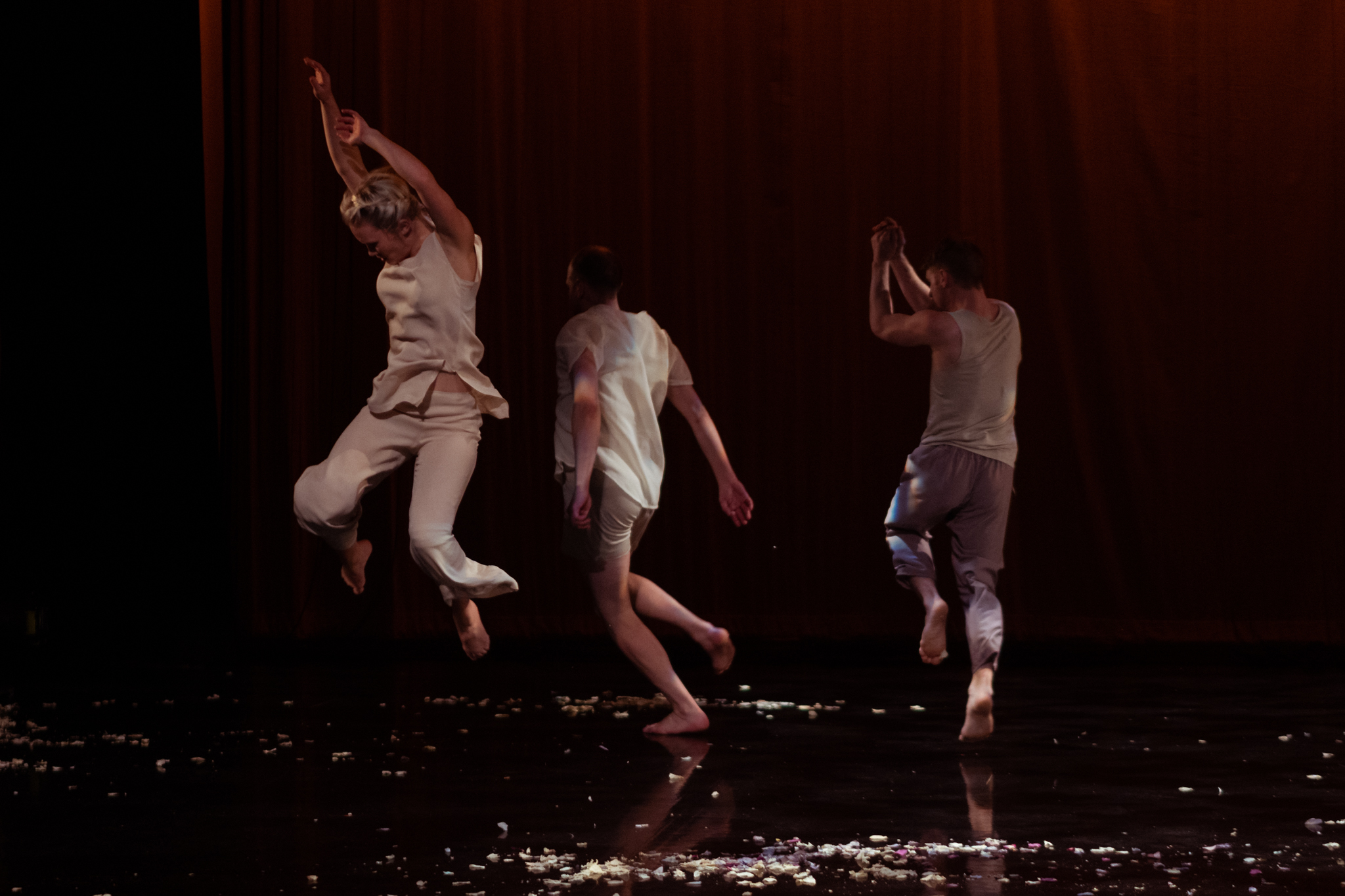
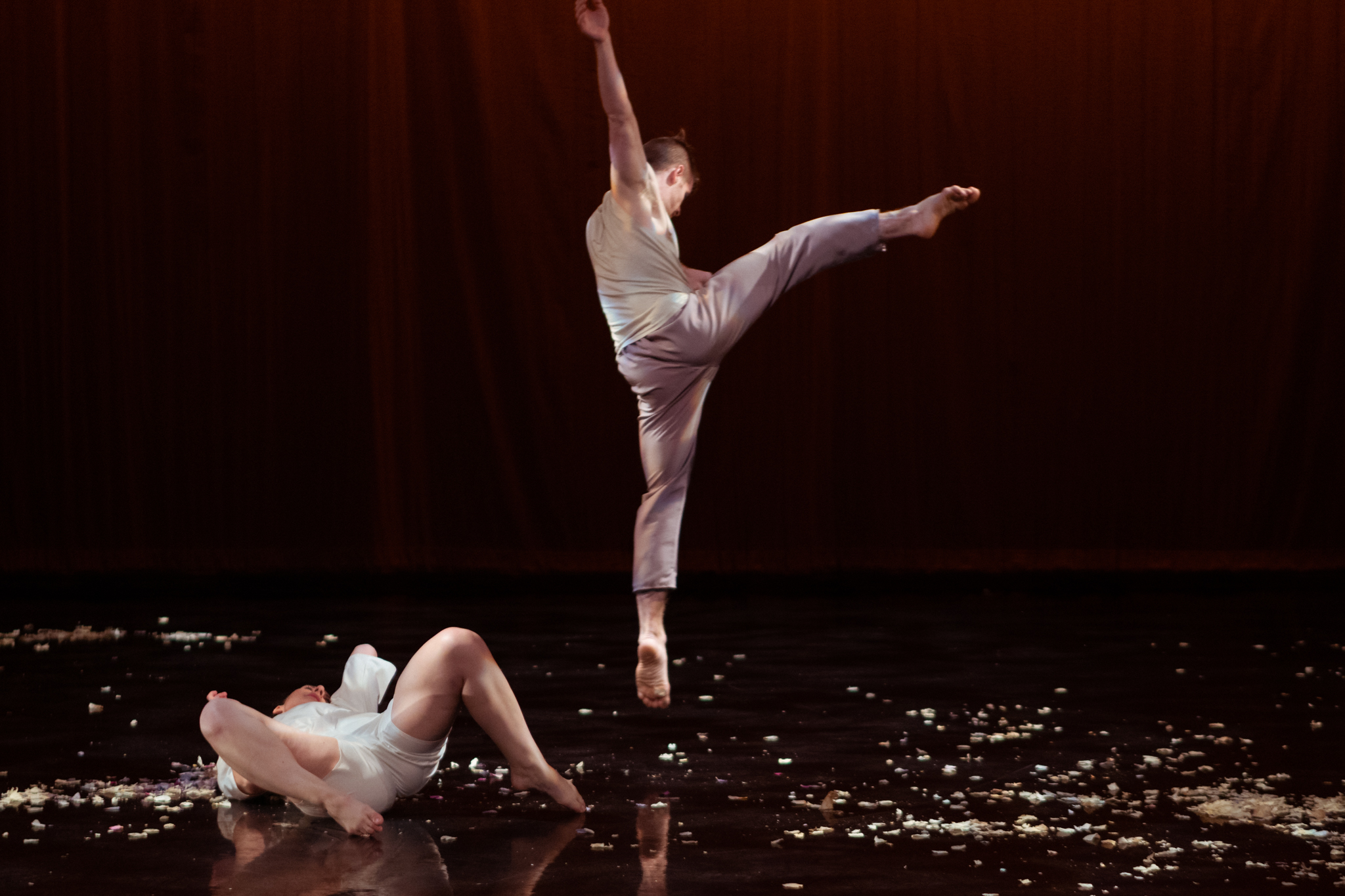
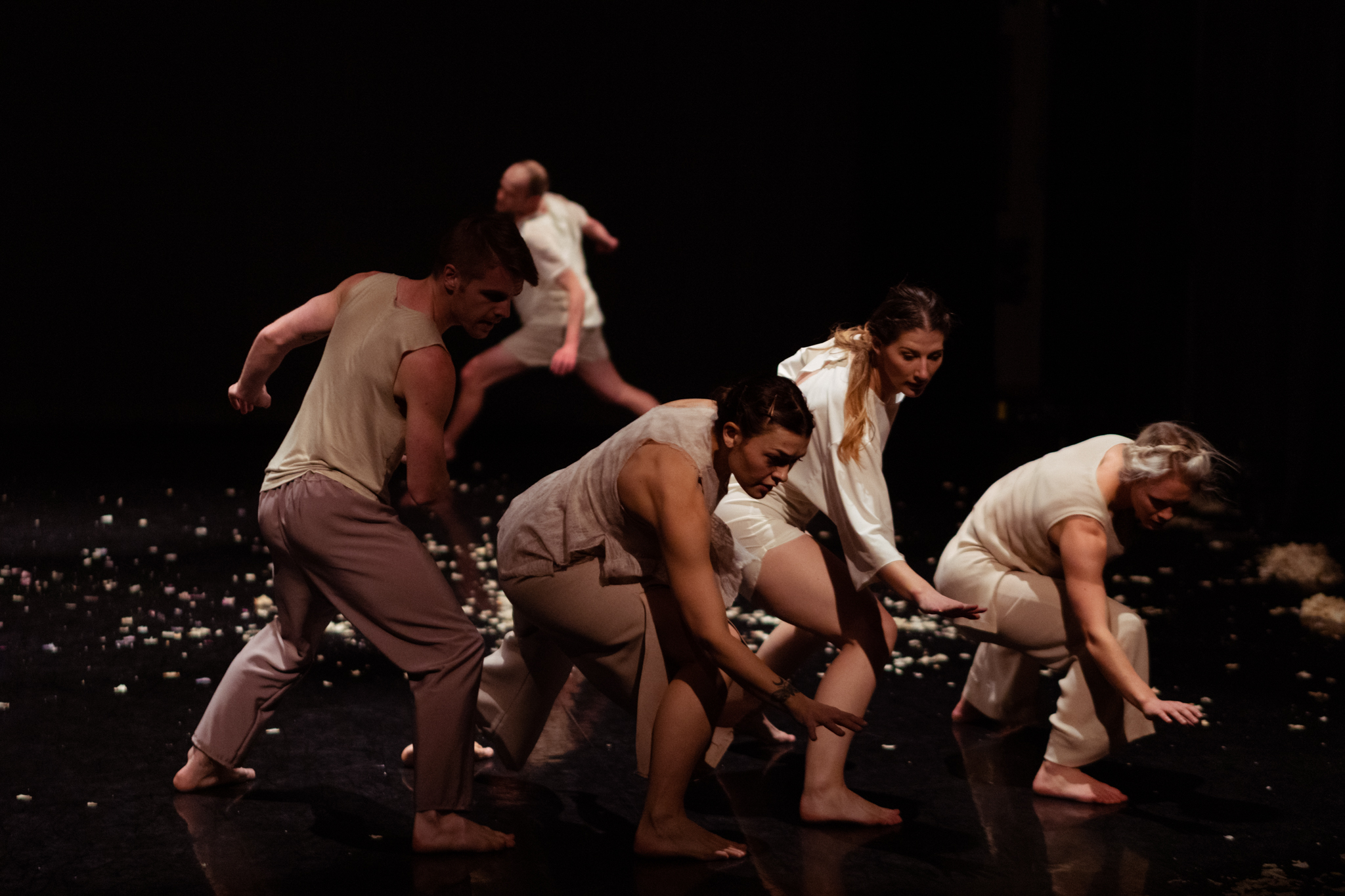
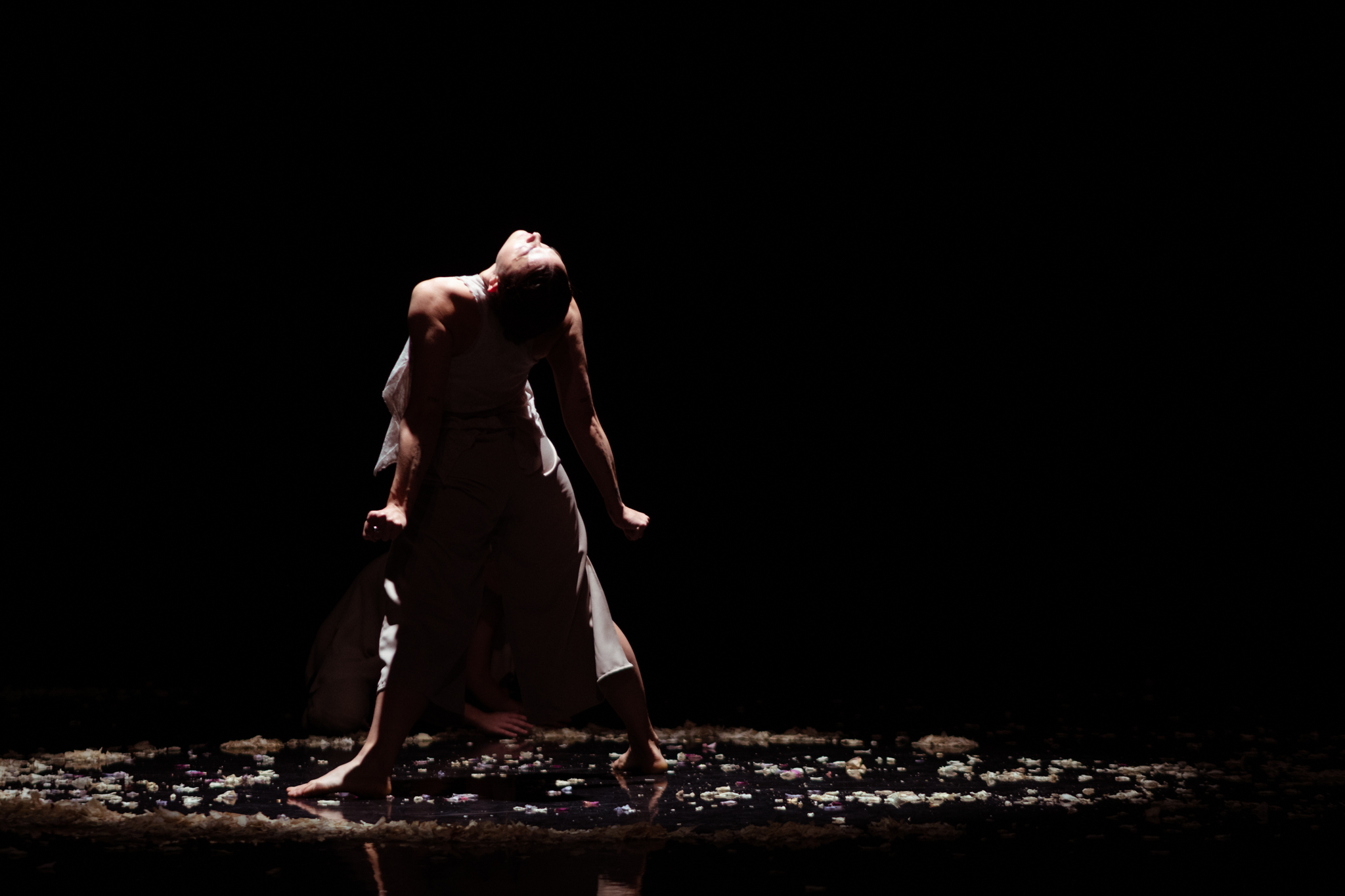
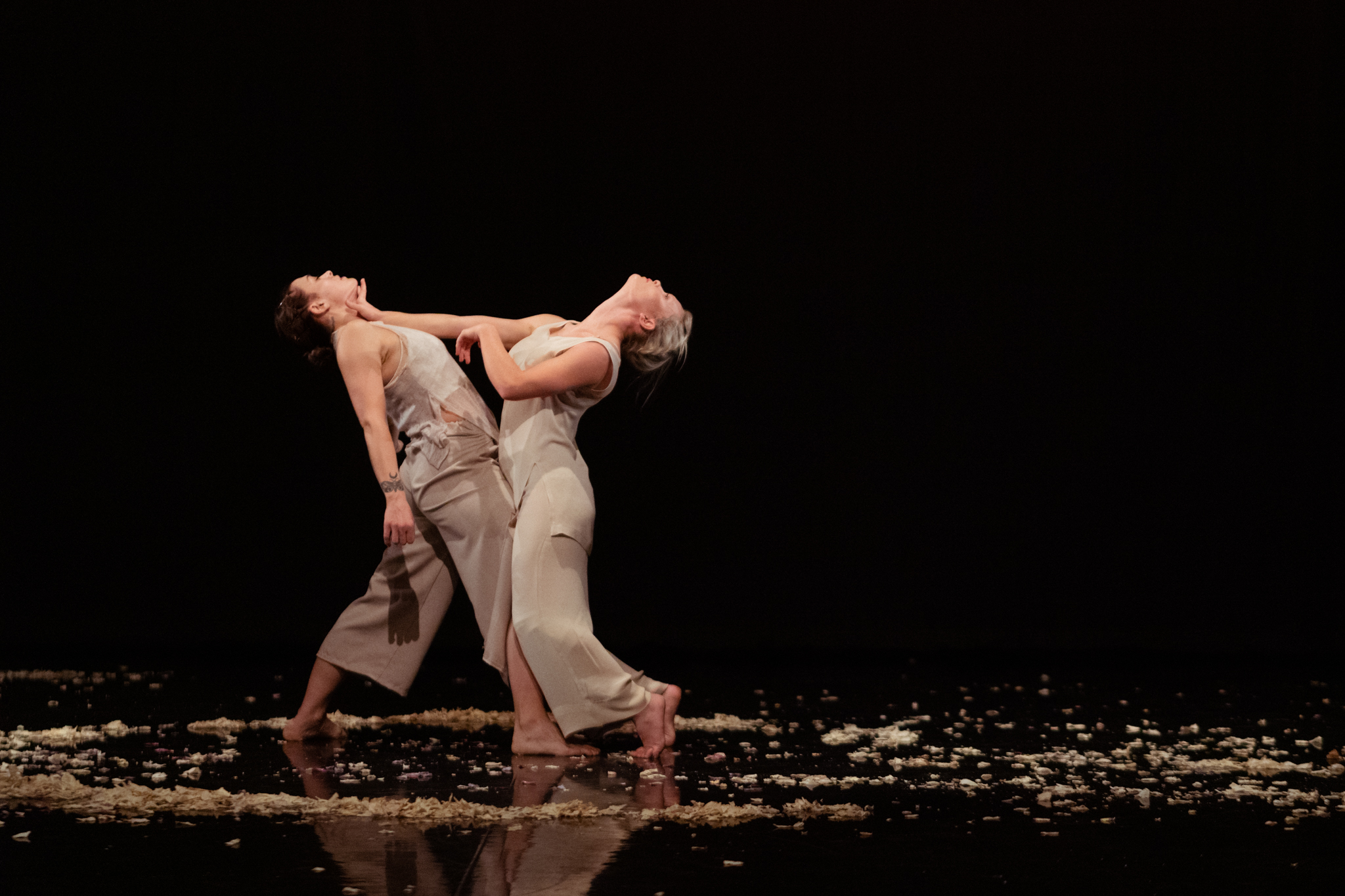
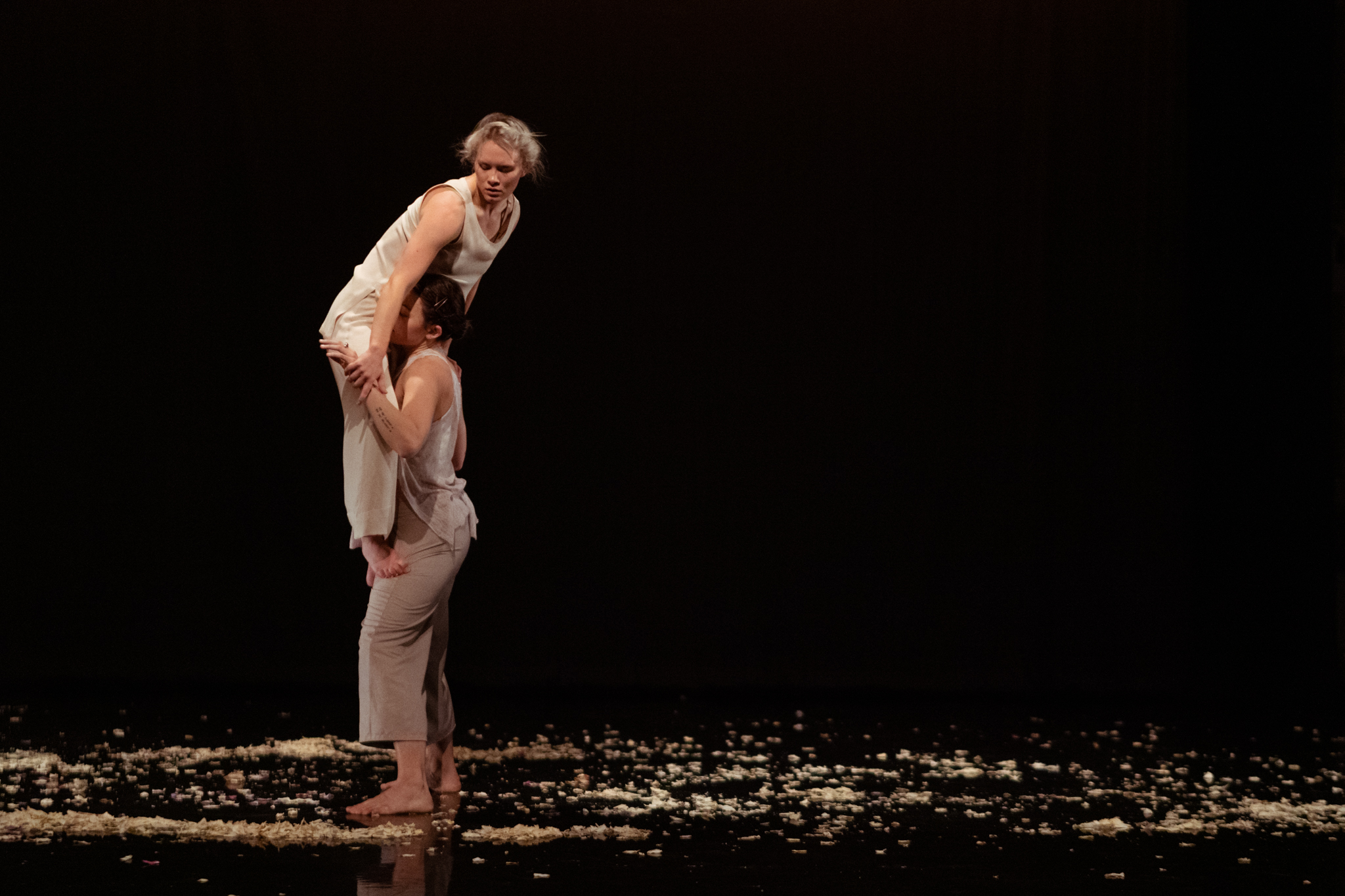
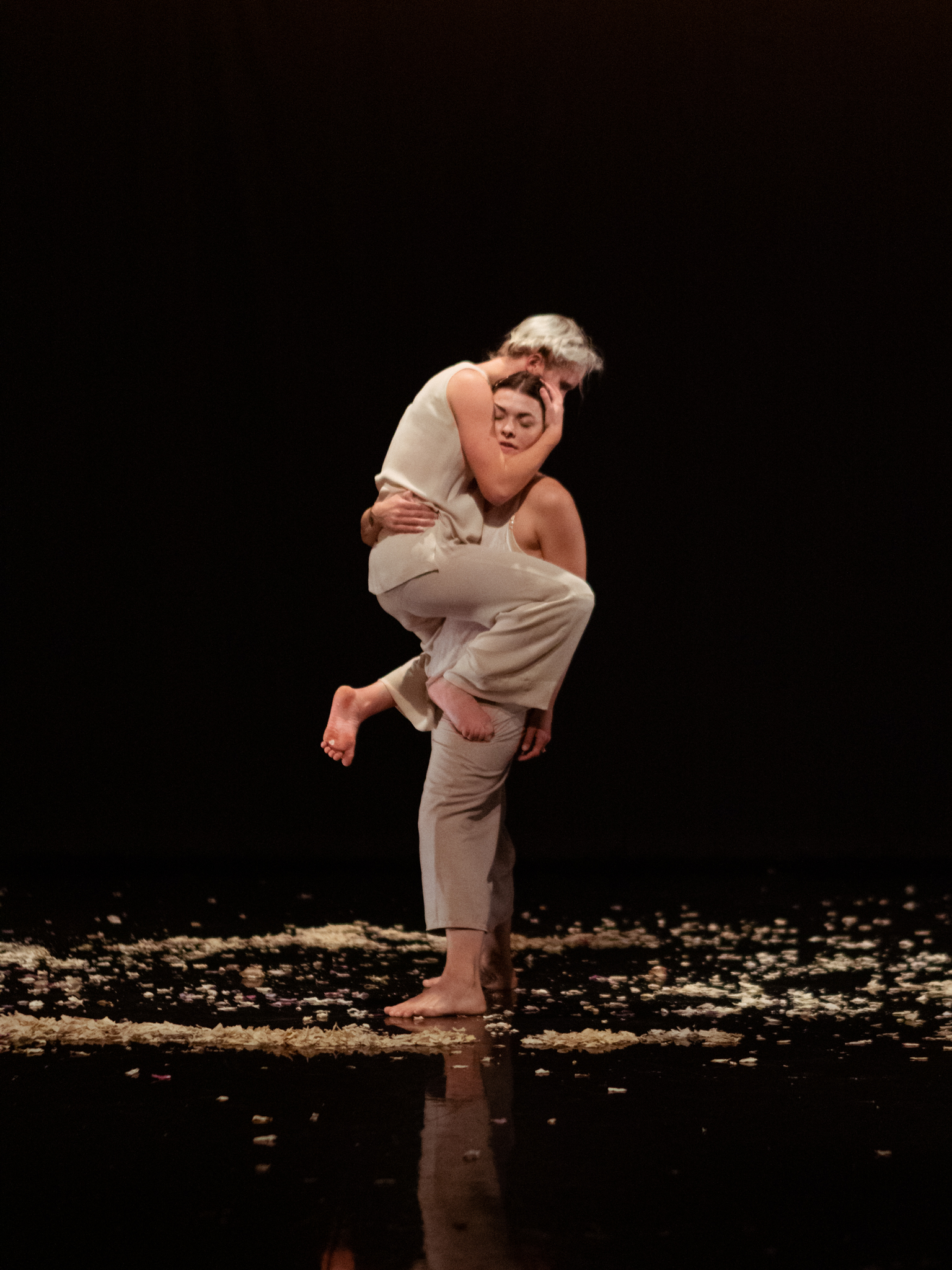
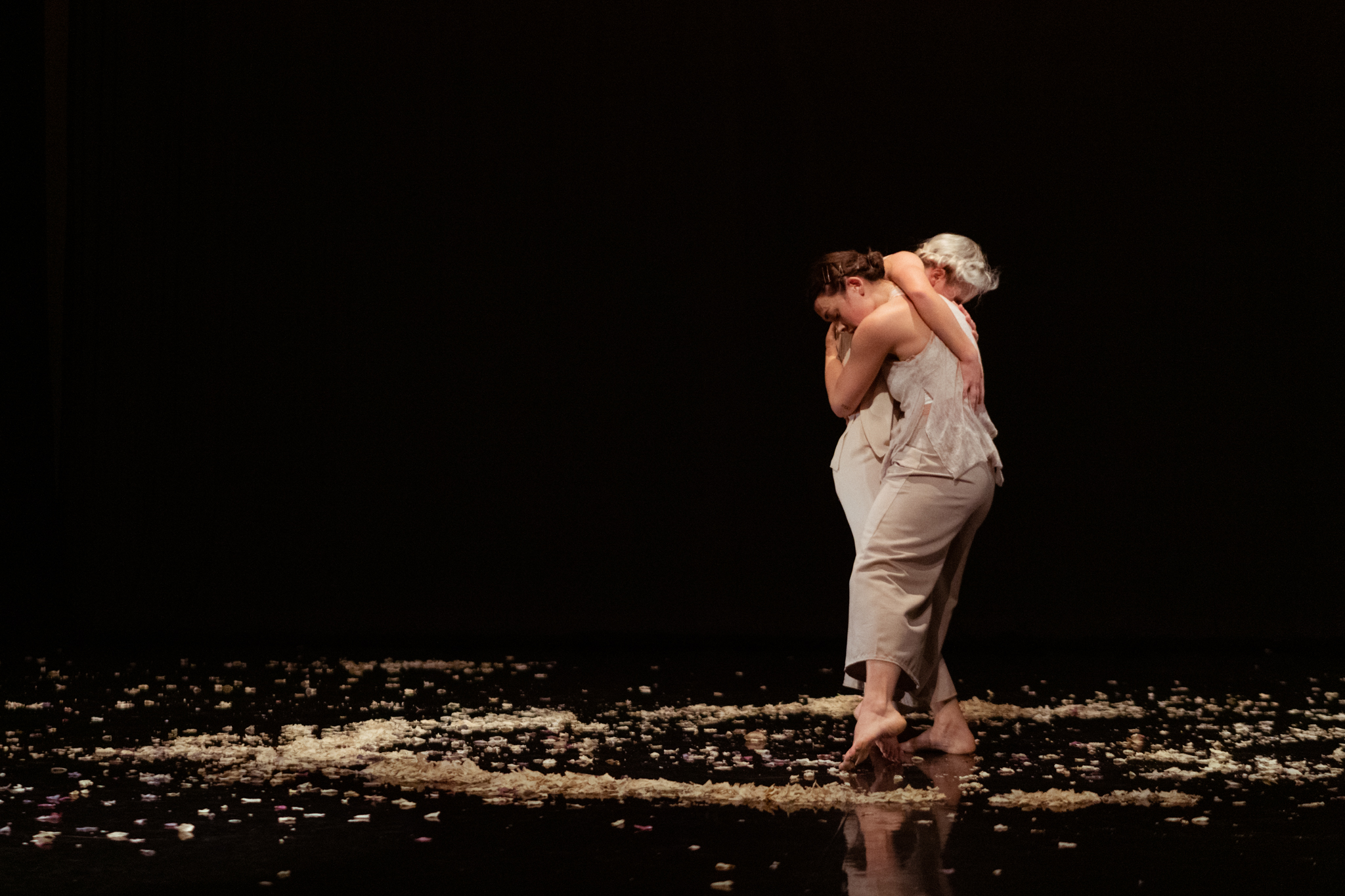
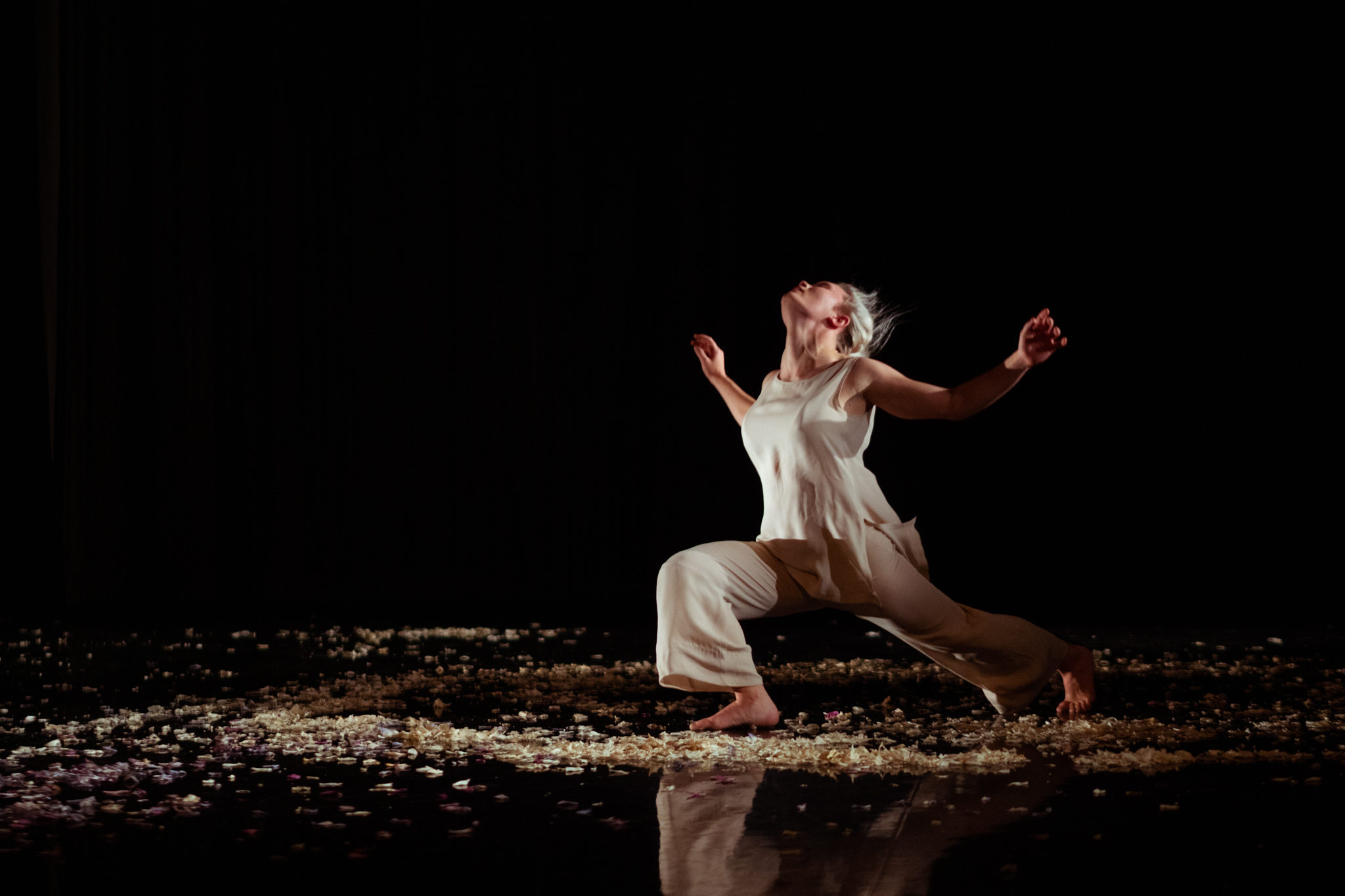
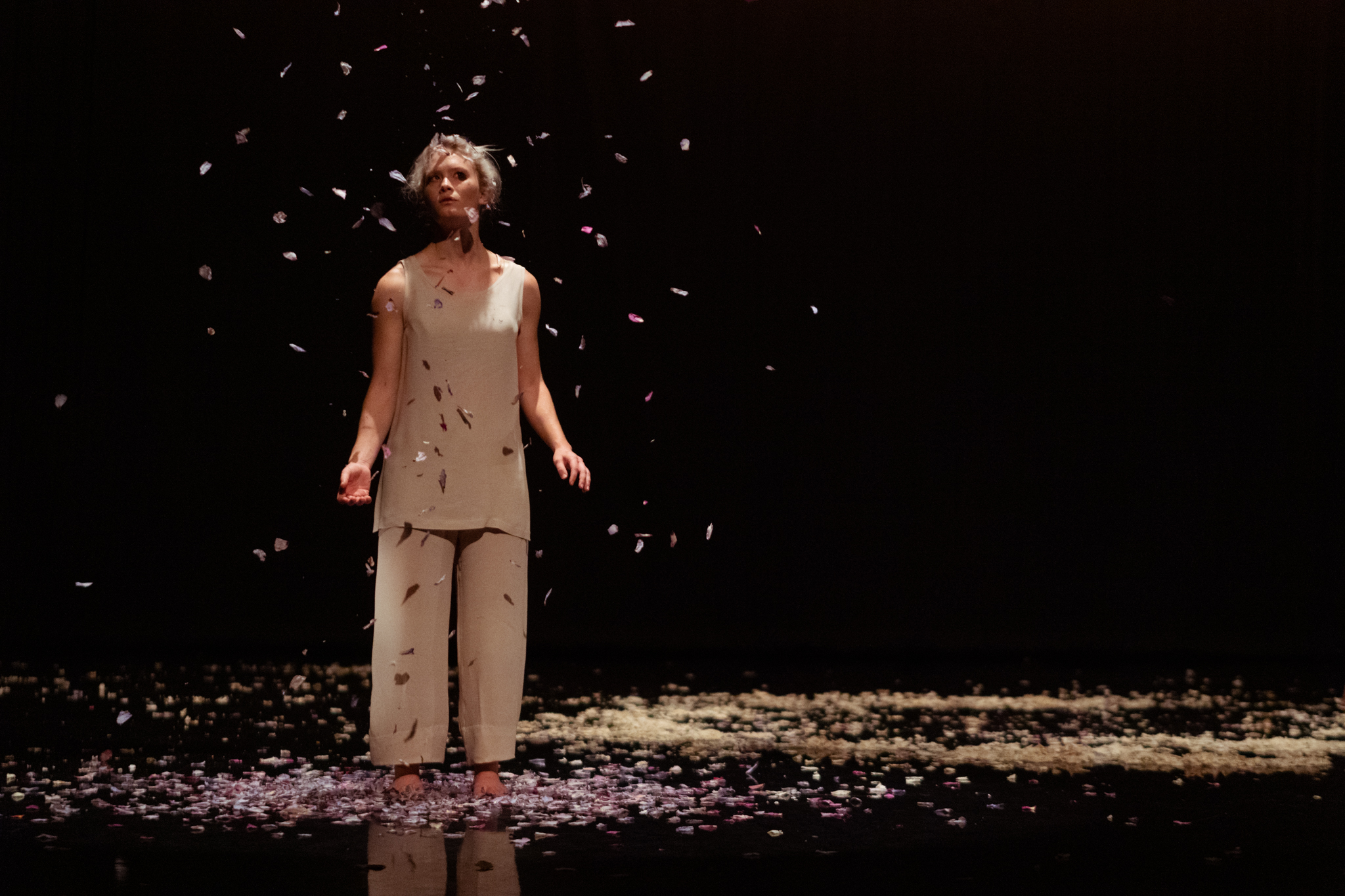
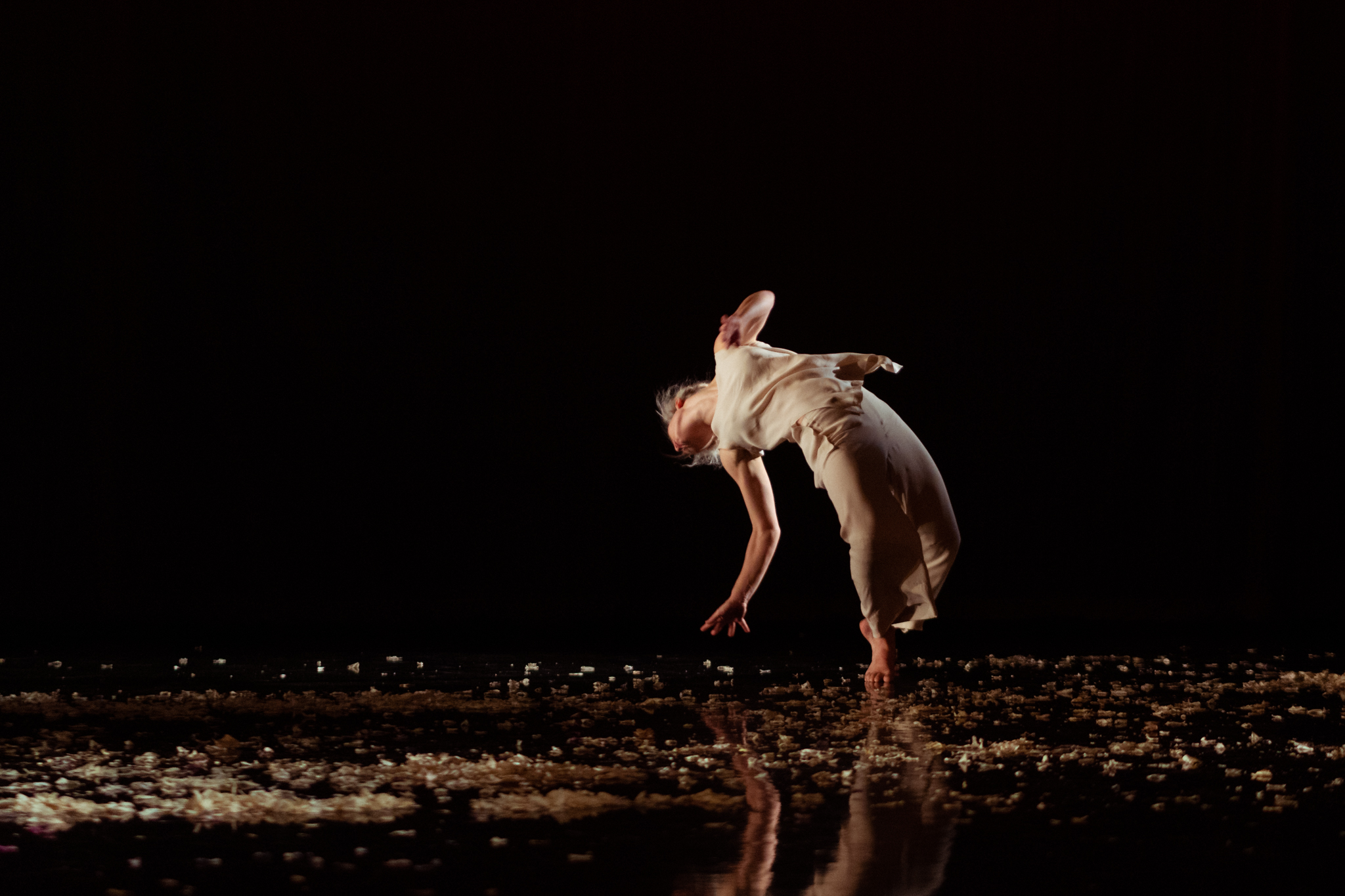
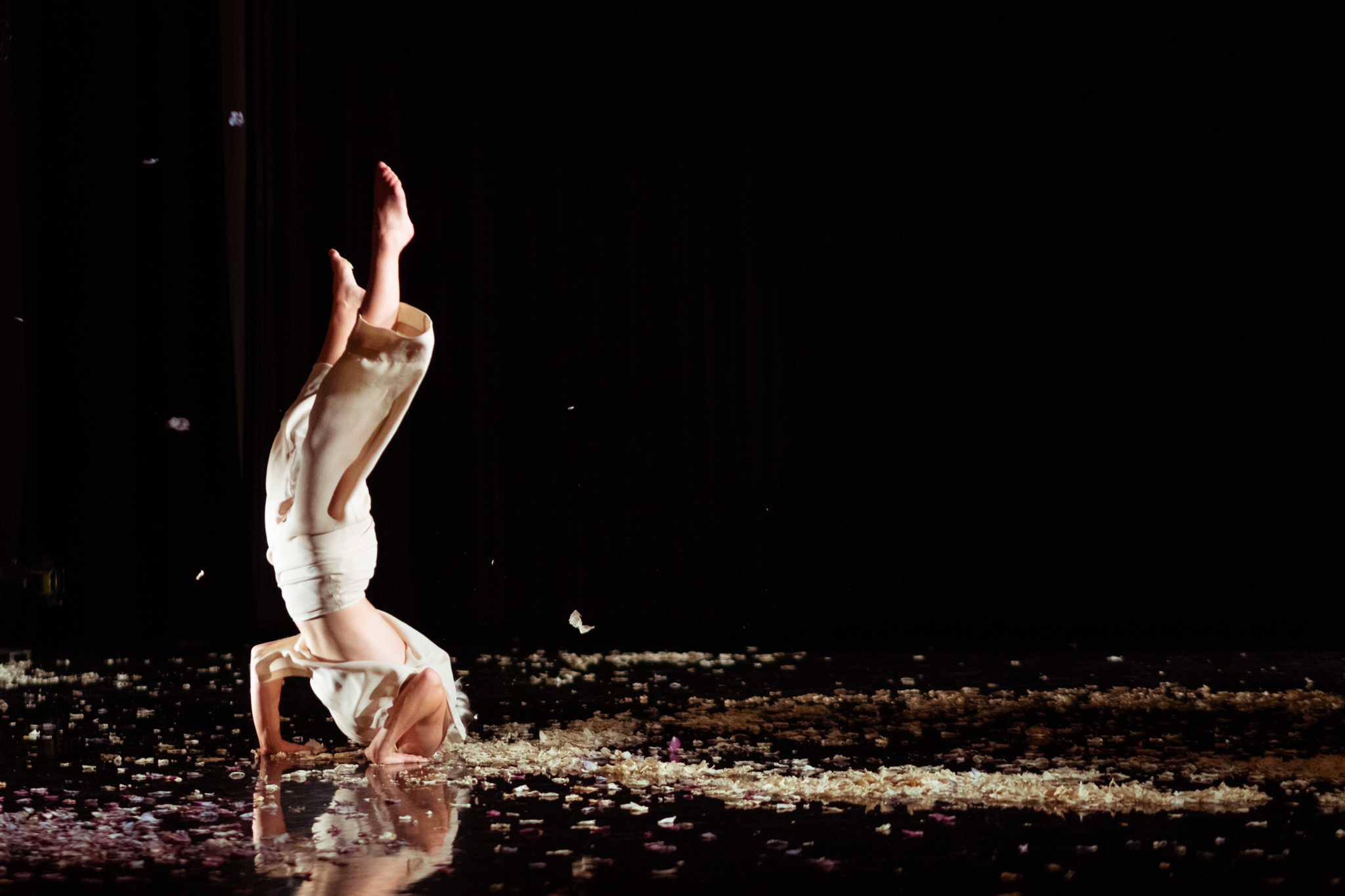
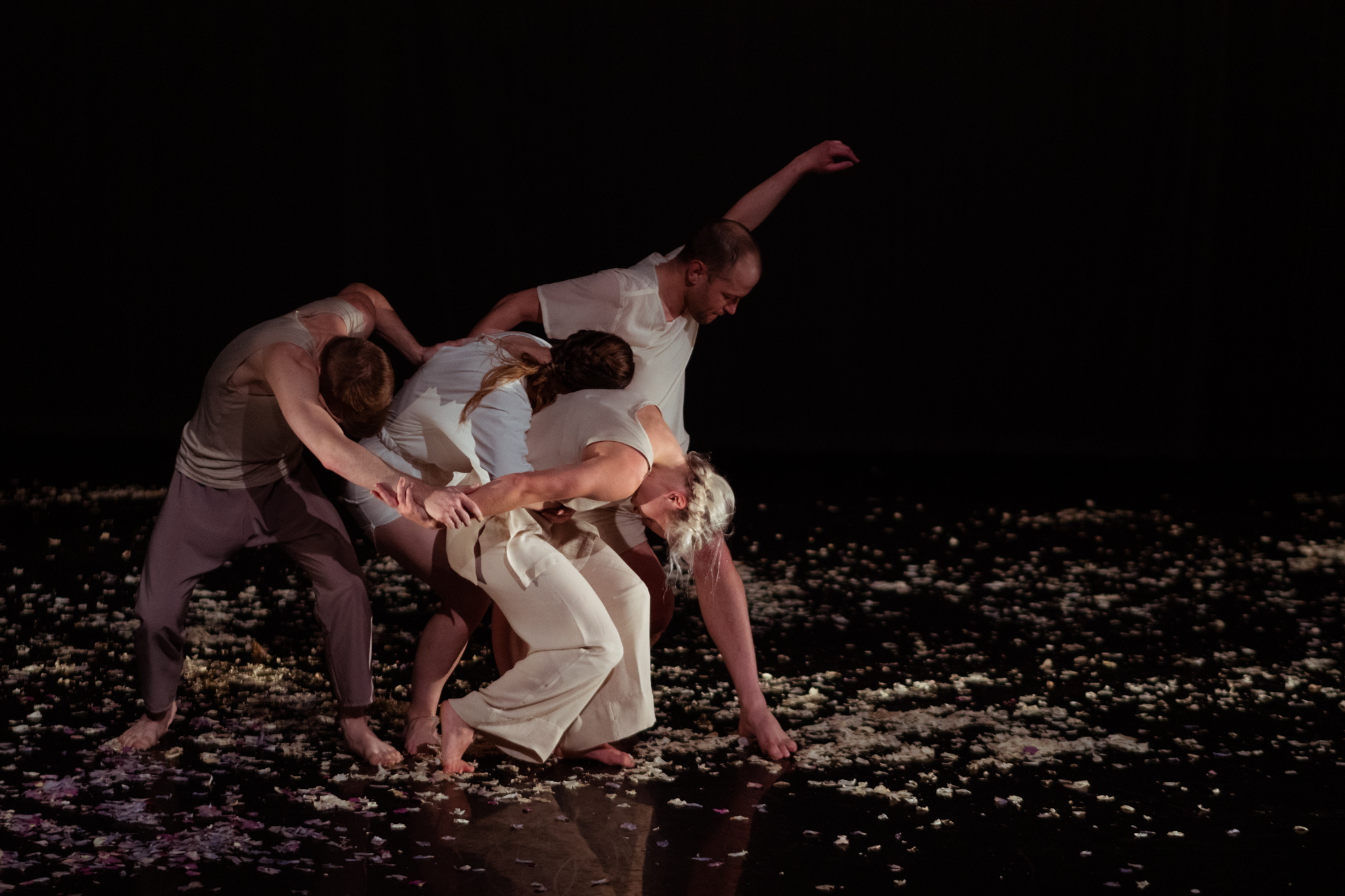
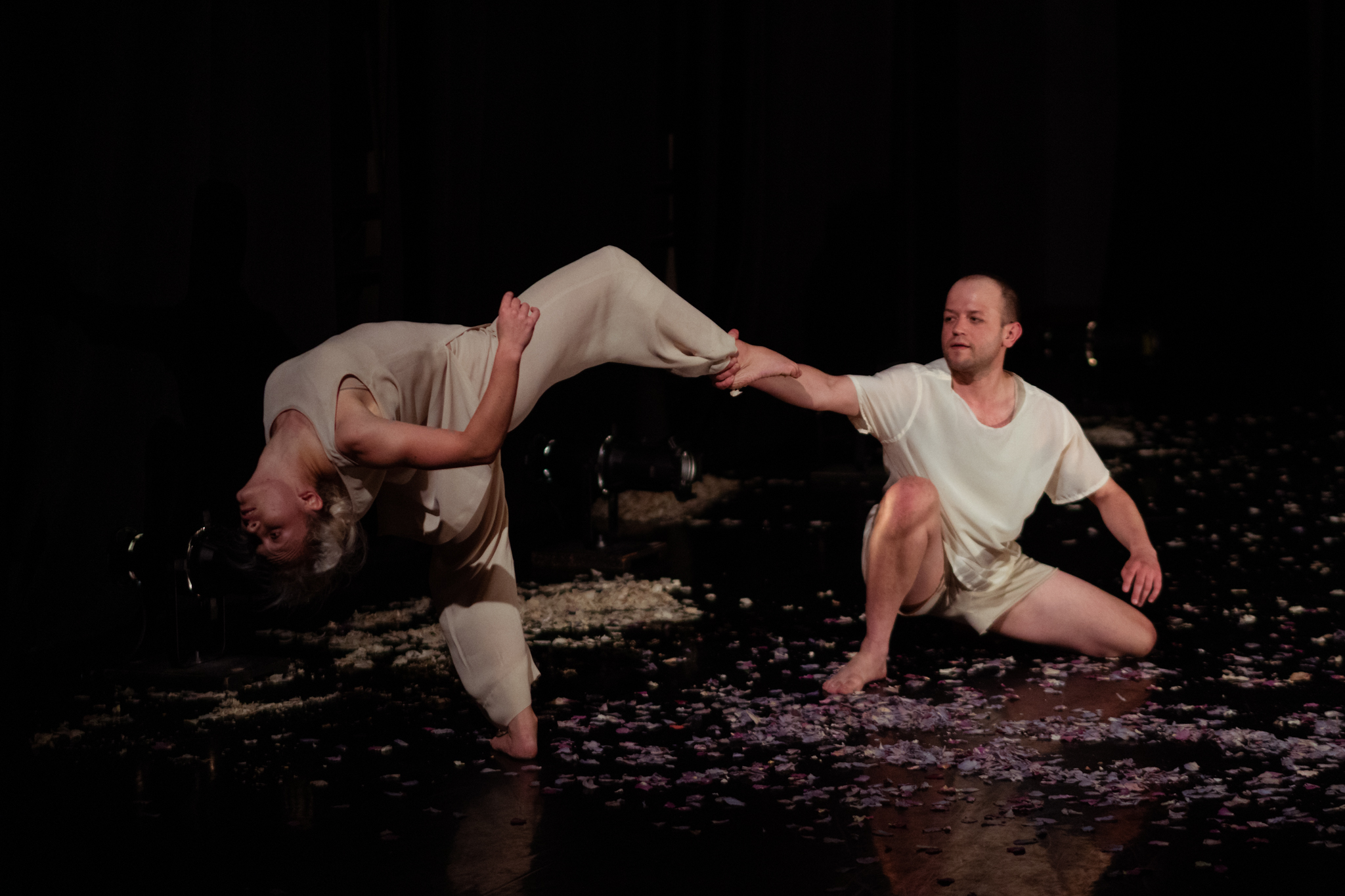
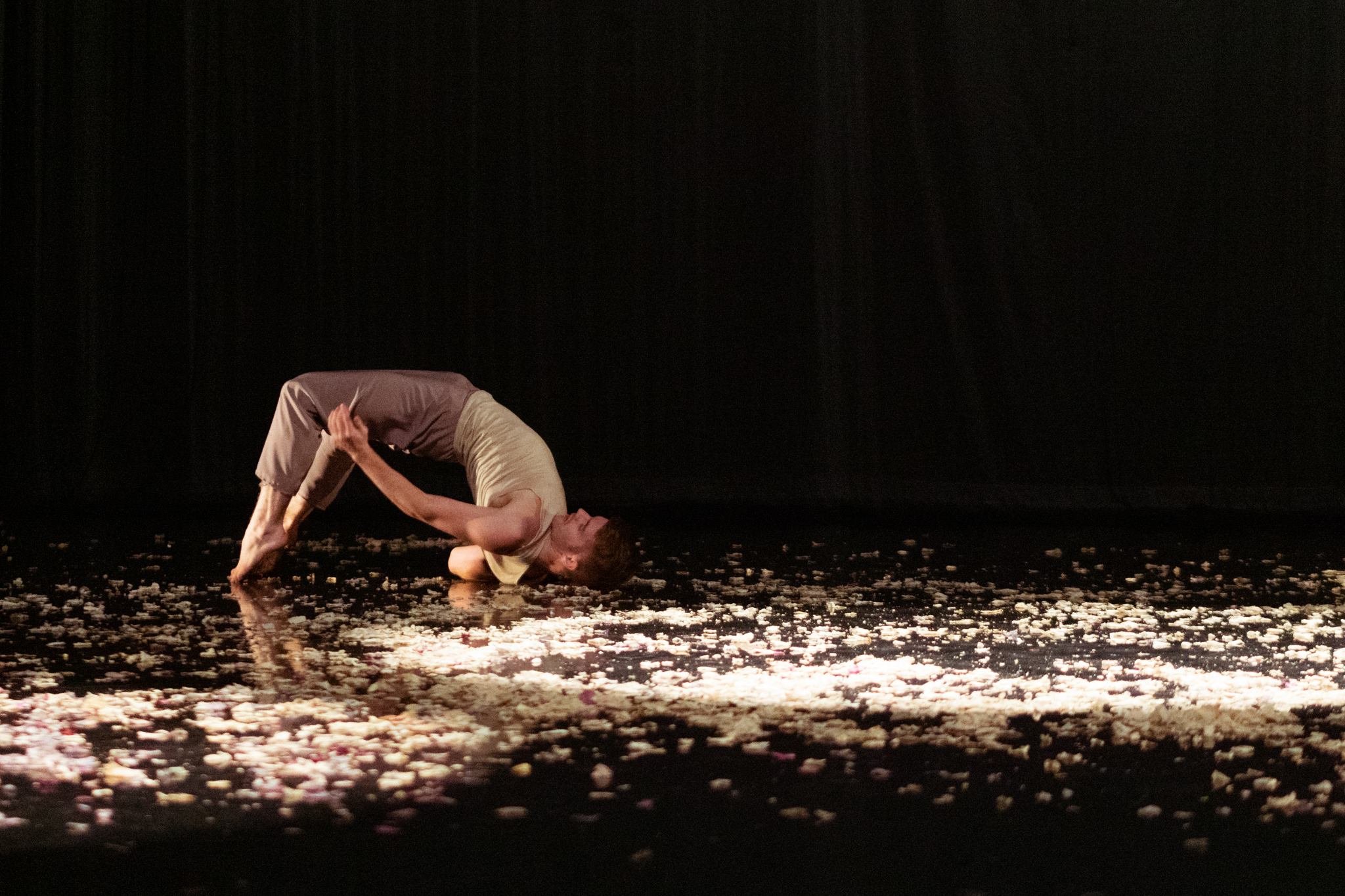
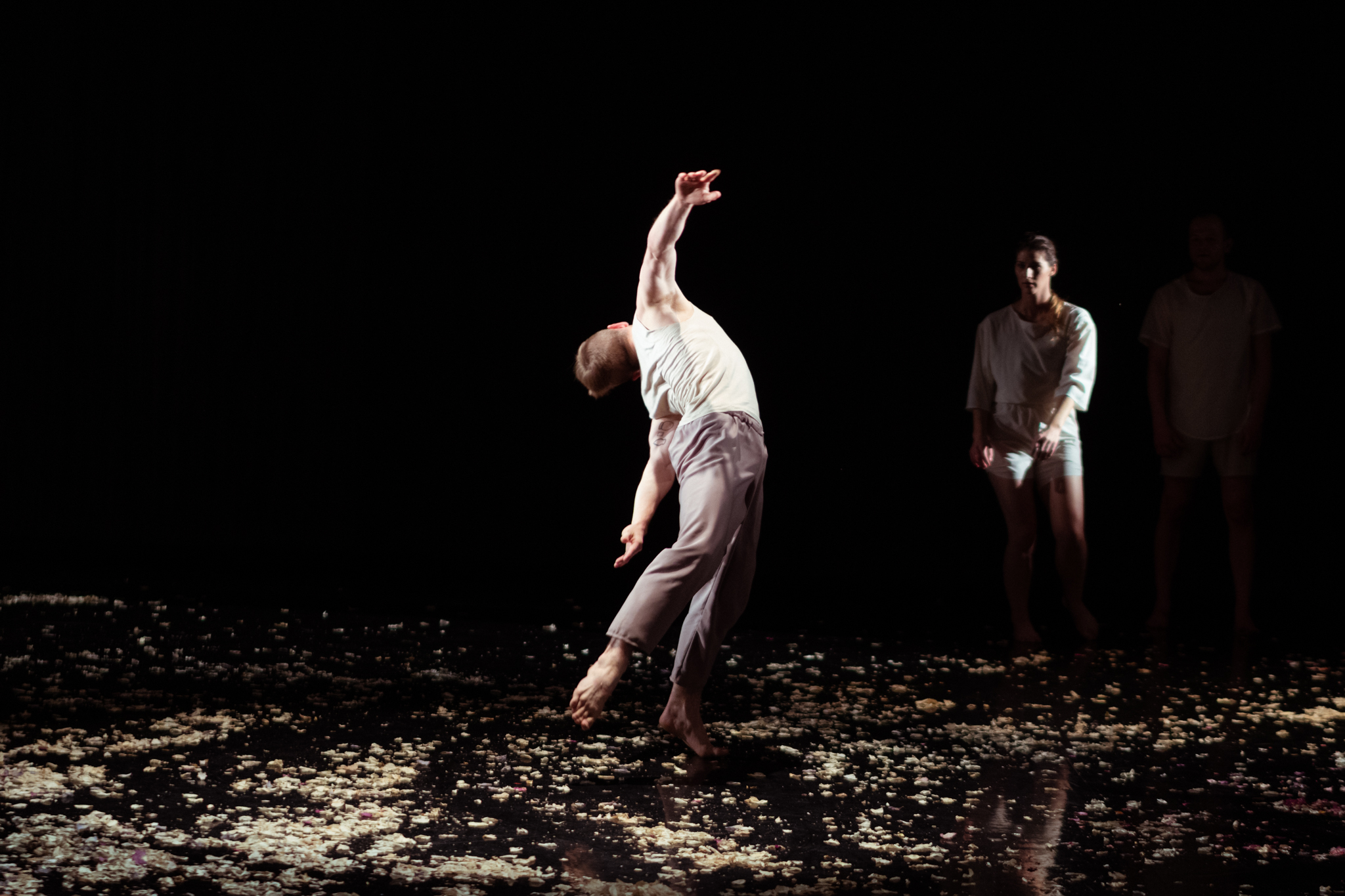
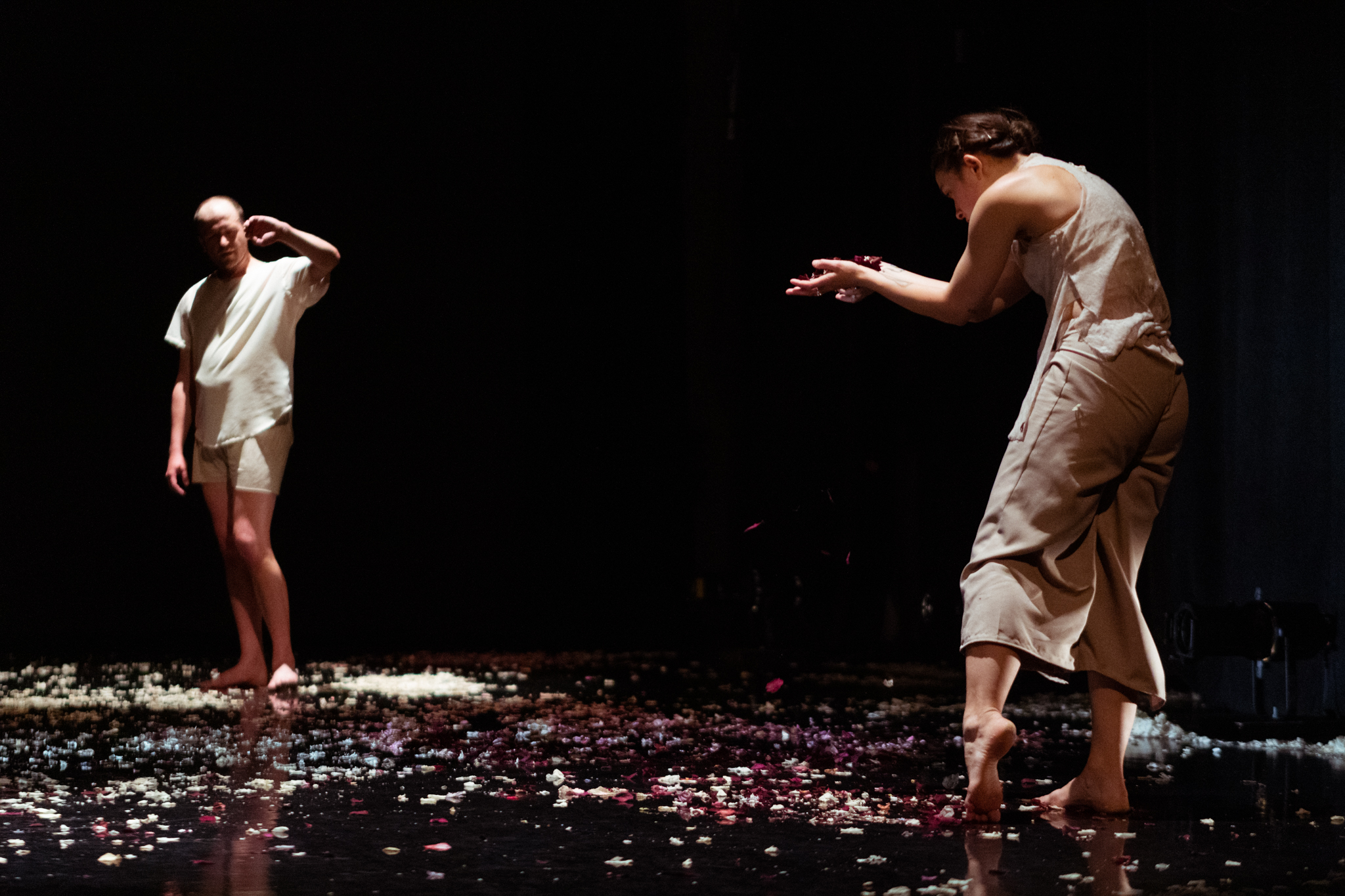
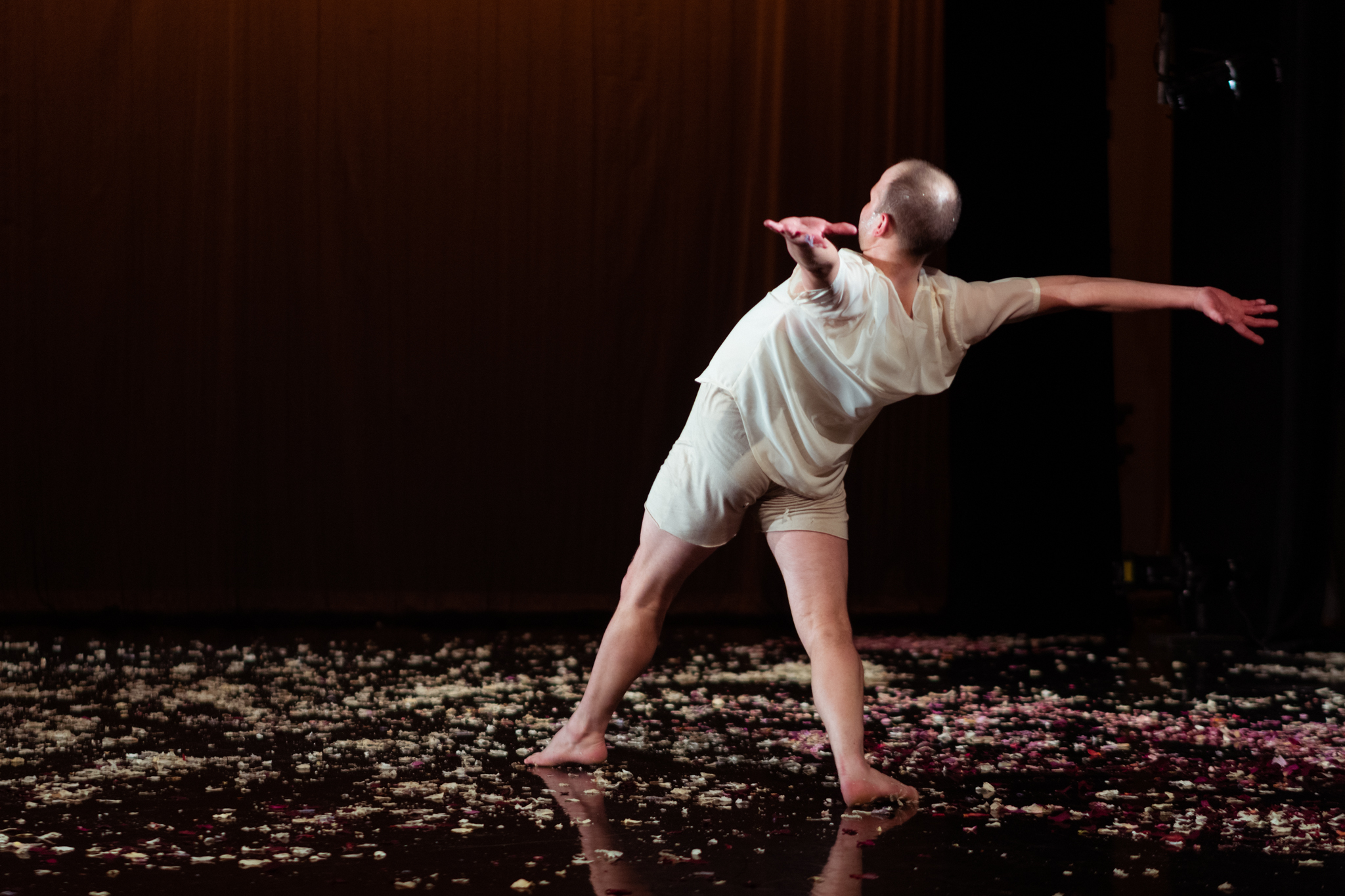
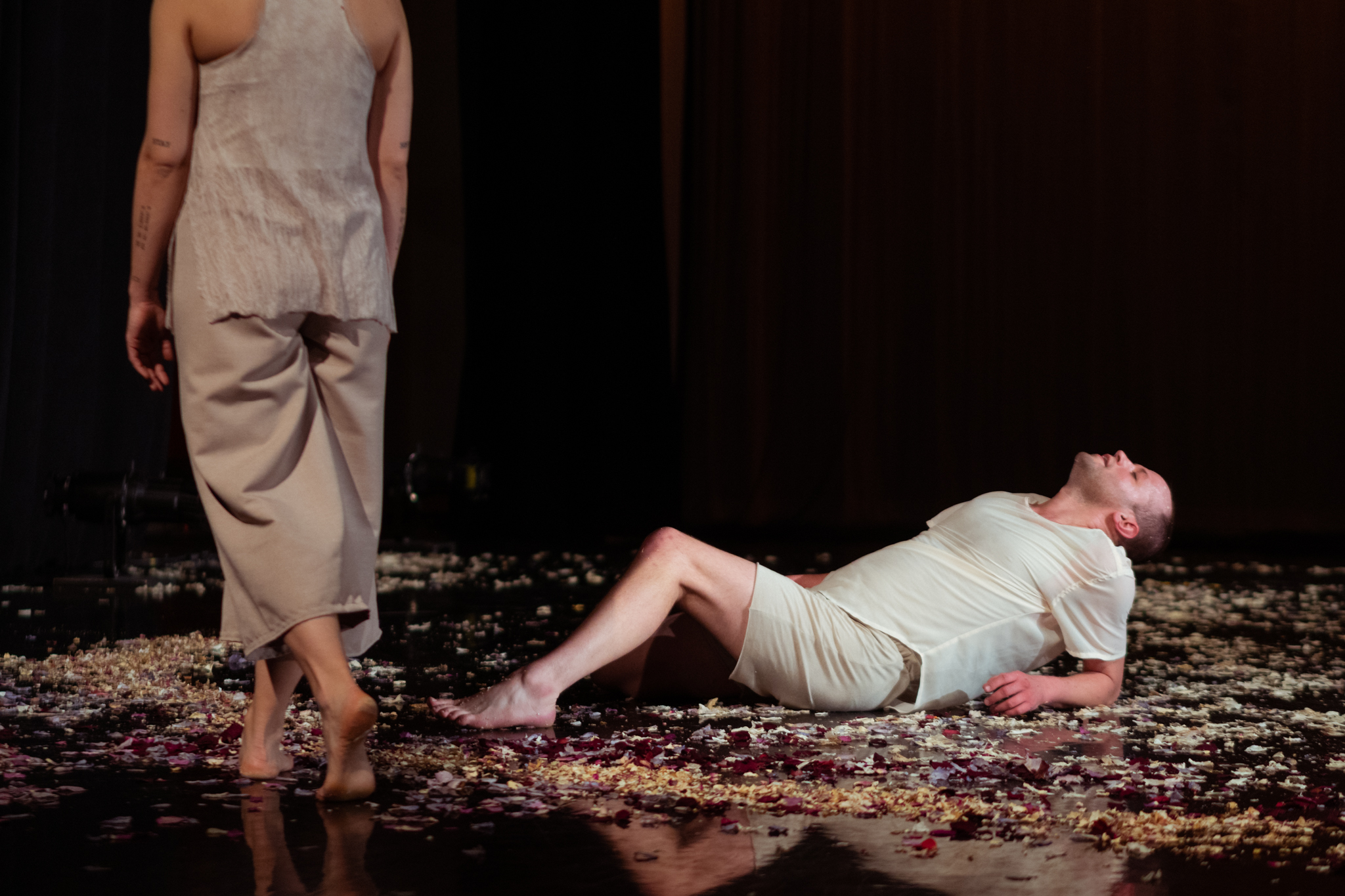
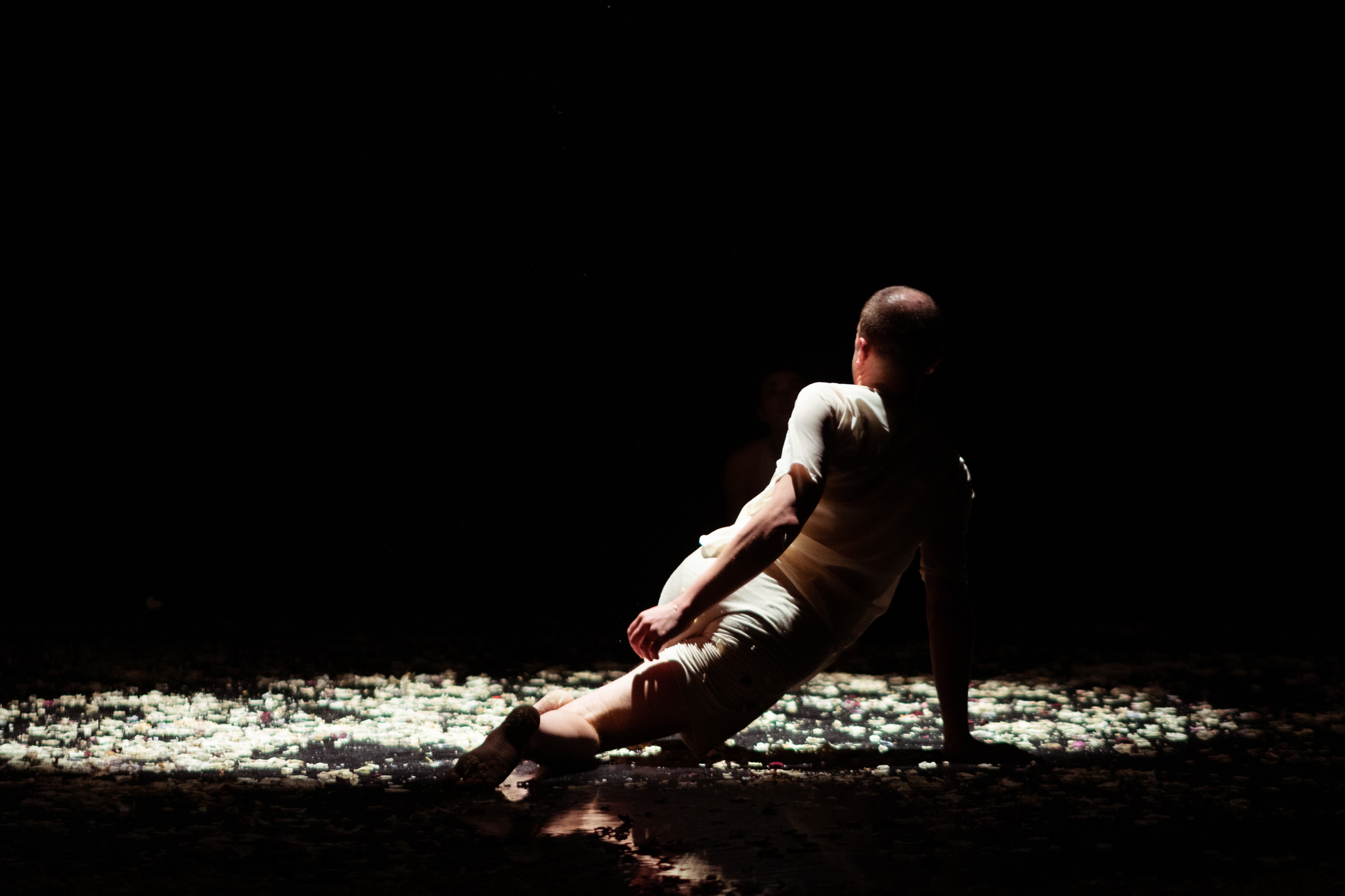
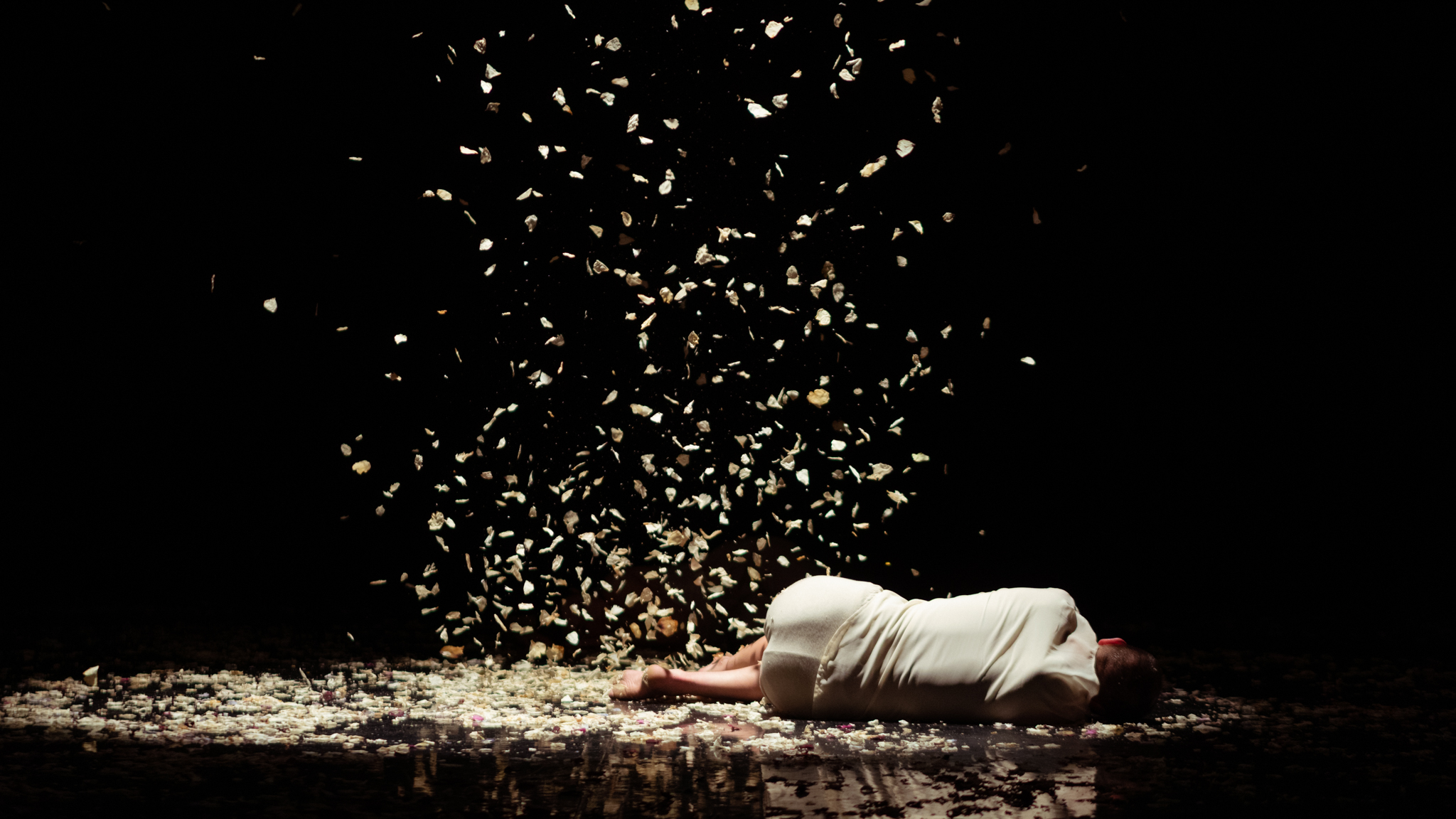
Images by MotionVivid.
